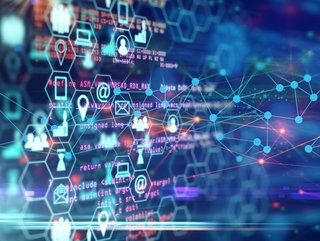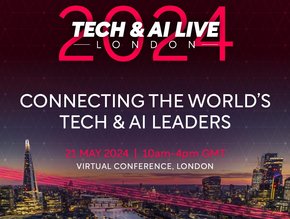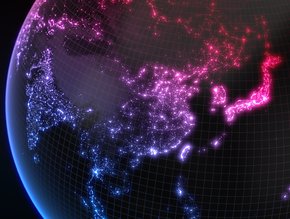AI godfather Yoshua Bengio feels lost after AI powers surge

Renowned for being one of the ‘godfathers of AI,’ Yoshua Bengio has expressed feeling “lost” and has said that if he had realised the pace of which artificial intelligence (AI) would evolve, he would have prioritised safety over usefulness.
As reported by the BBC, Professor Bengio has joined calls for greater AI regulation, stating that he does not think militaries should be granted AI powers. Known for being one of the pioneers in the field, he has now expressed worry after AI experts said that the technology could lead to the extinction of humanity.
Leaders in Technology voice AI concern
In an interview with the BBC, he stated: "It is challenging, emotionally speaking, for people who are inside [the AI sector].
"You could say I feel lost. But you have to keep going and you have to engage, discuss, [and] encourage others to think with you."
Bengio is the second of the three "godfathers" of AI, known for their pioneering work in the field, to voice concerns about the direction and the speed at which it is developing. Just recently, Geoffrey Hinton stepped down from his role at Google citing concerns over the rapid spread of AI technology and machine learning.
Many other AI experts and those who work in the field of technology have also called for regulatory action to be taken. 350 experts have now signed the statement warning of the AI extinction threat; among them are OpenAI's Sam Altman, Google DeepMind's Demis Hassabis, and Anthropic's Dario Amodei. Collectively, they cite that the regulation of AI is a necessity.
Prof Bengio told the BBC that all companies building powerful AI products needed to be registered, as well as greater systems being in place to report on how the technology is working.
"Governments need to track what they're doing, they need to be able to audit them, and that's just the minimum thing we do for any other sector like building aeroplanes or cars or pharmaceuticals.
"We also need the people who are close to these systems to have a kind of certification ... we need ethical training here. Computer scientists don't usually get that, by the way."
Weighing up the pros and cons
There is no doubt that AI is advancing at an extremely fast pace. With the technology being incorporated into the workplace at a faster rate, there are plenty of understandable anxieties over if AI will replace jobs en masse. ChatGPT in particular is also being used more frequently as a tool both in education and within the workplace, with more businesses investing in AI products as a result.
There is also greater concern that, with the rise of AI tools and technology advancement, there is potential for it to be misused. Prof Bengio told the BBC he was concerned about so-called ‘bad actors’ getting hold of AI, especially as it becomes increasingly more sophisticated and powerful.
"It might be military, it might be terrorists, it might be somebody very angry, psychotic. And so if it's easy to program these AI systems to ask them to do something very bad, this could be very dangerous.
"If they're smarter than us, then it's hard for us to stop these systems or to prevent damage."
Bengio’s statement is given in the hope that greater AI advancement can continue its use for good. For instance, in the healthcare industry to combat superbugs, or to fight against machine language bias.






